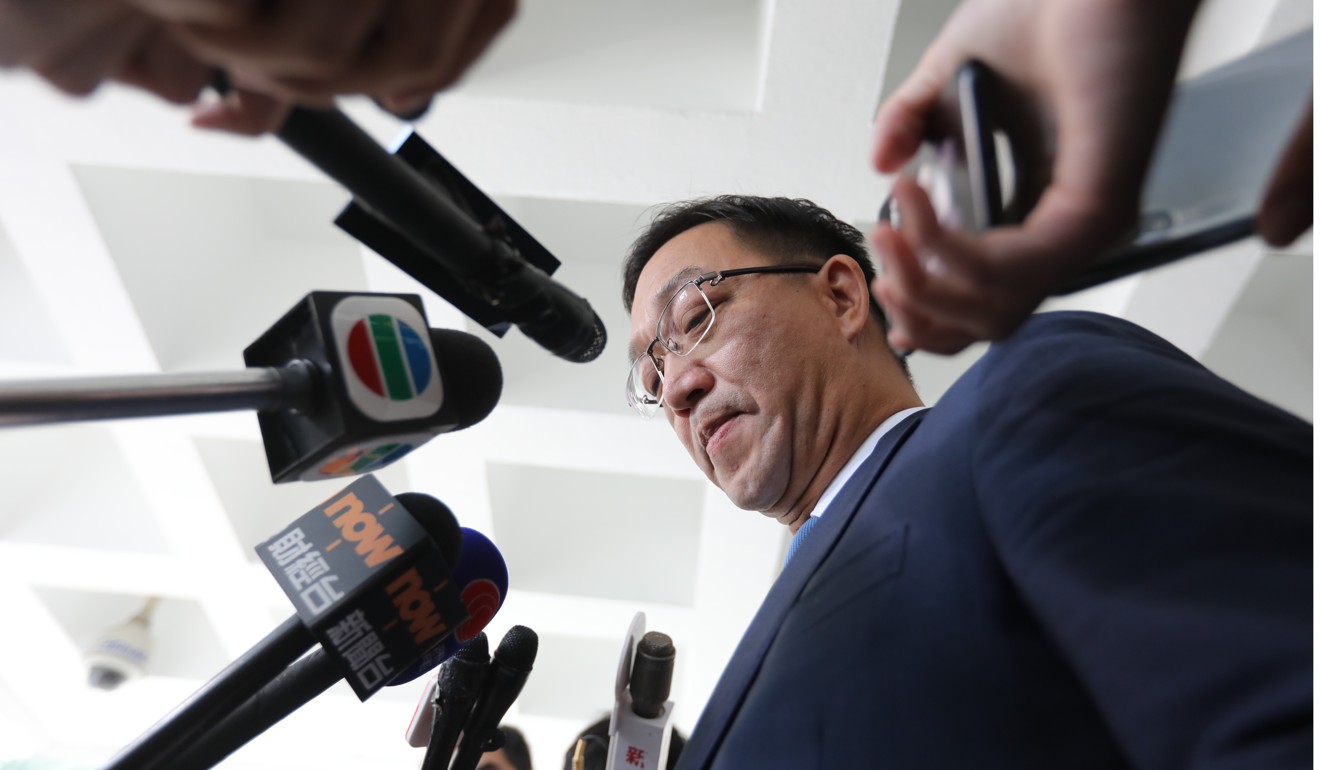High Court ruling on village houses ‘will do little to ease Hong Kong land crunch’
- The court ruled two of three ways rural residents exercised rights under small-house policy unlawful
- Analysts not optimistic about landmark decision’s effect on sky-high property prices

The High Court’s decision on Monday to ban Hong Kong’s indigenous villagers from building homes on government land obtained at knockdown rates would do little to ease the city’s land shortage, analysts said.
Land policy experts also believed the landmark ruling would not address the discontent many Hongkongers felt with the favourable treatment villagers enjoyed.
The court ruled that two of the three ways rural residents exercised their traditional but controversial rights under the small-house policy were unlawful.
Introduced in 1972, the policy entitles adult male descendants of indigenous people in the New Territories the right to build a three-storey house of 700 sq ft per floor.
One of their three options is to apply for a “free building licence” to construct a house on their own land without having to pay the required tax. The court ruled this avenue constitutional on Monday. Villagers who do not own any land can ask the government to sell them public space at a discount under what is known as a private treaty grant. Those who own land which is not suitable for housing can apply to exchange it with the government, possibly also without paying a premium. These last two avenues will cease to exist in six months.

“The court’s decision is going to have a very limited impact on helping with land supply. That’s because most indigenous villagers who exercise their rights under the small-house policy have been using the ‘free building licence’ option,” said Lee Wing-tat, chairman of Land Watch, a think tank.
“It is unreasonable that villagers still be allowed to build small houses on their land without having to pay any premium. Everyone in Hong Kong should be equal, regardless of whether you are from the New Territories or somewhere else.”
According to official figures, 80 to 90 per cent of the approved small-house applications in the past 10 years came through free building licences.
Of the 752 applications approved in 2017, only 97 were private treaty grants or exchanges. The number dropped slightly to 72 last year, out of the 654 approved applications.
From 1972 to June last year, the government granted 28,305 free building licences, 10,763 private treaty grants and 3,610 land exchanges.
Barrister Duncan Ho Dik-hong, a member of the Progressive Lawyers Group, said villagers preferred the free building licence because it was a shorter process.

“It usually takes only one to two years for applications to be approved. But if you are looking for government land, it could take three to four years,” said Ho, who has studied the policy.
“The government can reject your application for a series of reasons, including by citing the need for pedestrian access.”
Hong Kong’s land shortage and sky-high property prices have spurred years of complaints against the small-house policy. One original aim of the law was to control squatters, as about 60 per cent of buildings in the rural New Territories in the early 1970s were temporary dwellings or illegal structures.
The policy has also been abused. Four years ago 11 indigenous villagers were jailed for up to three years over a scam in which they sold their land rights for profit.
Ryan Ip Man-ki, head of land and housing research at think tank Our Hong Kong Foundation, said the judgment would have only a minor effect. The government some years ago earmarked about 900 hectares of land for “village-type development”, but Ip said the court ruling did not mean it would suddenly be released for other purposes.
“Some of the land is alleyways in between houses. Other bits are on slopes,” he said. “It’s not like the government can now suddenly release all this village space to boost the city’s land supply.”
Kenneth Lau Ip-keung, chairman of the powerful rural representative body the Heung Yee Kuk, vowed to put up a fight against the ruling and efforts to take away the land rights of villagers. He said more than 10,000 small-house applications were currently awaiting government approval.
“It is not uncommon for villagers to wait up to 10 years to get the go-ahead to build small houses,” Lau said, adding that very few applications had been approved in recent years.
“The number is getting smaller ... but however small the number may be, as long as there is just one case, the Heung Yee Kuk will fight for the rights of villagers.”
He urged the government to address their housing needs.
“Obviously, if we can only build small houses on private land in areas designated for villagers, one day all the land will be used up but the indigenous villagers’ rights will still be there. Where they can get land to build small houses will become an issue,” Lau said.
On whether he would ask Beijing to overrule the Hong Kong courts on the subject, he said it was too early to talk about it.